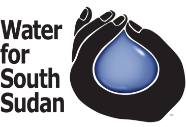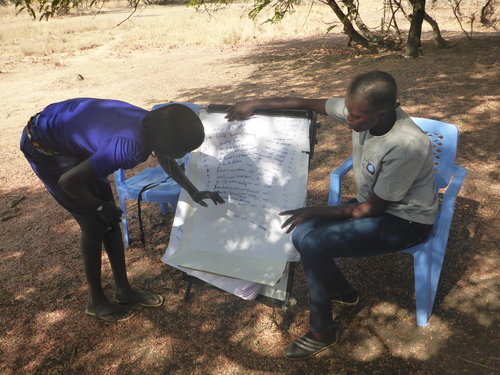Hygiene Education Training
Clean water from a well can become contaminated by poor hygiene habits.
Hygiene education training improves health and expands the impact of clean water.
The hygiene education program works with community members to identify any hygiene practices in need of improvement.
Our Training Model
WFSS hygiene educators use a “train the trainer” model.
Four women and three men in each village participate in a three-day program
Educators help trainees identify hygiene practices most in need of improvement
Personal hygiene (washing hands, brushing teeth, clipping nails)
Safe water practices (cleaning of jerrycans, covering water containers)
Food safety (maintaining utensils, storing food away from waste and dirty water)
Safe disposal of waste/stool
Women’s hygiene
Working together, educators and trainees develop a plan to address community needs
Trainees then share new knowledge with other community members





























